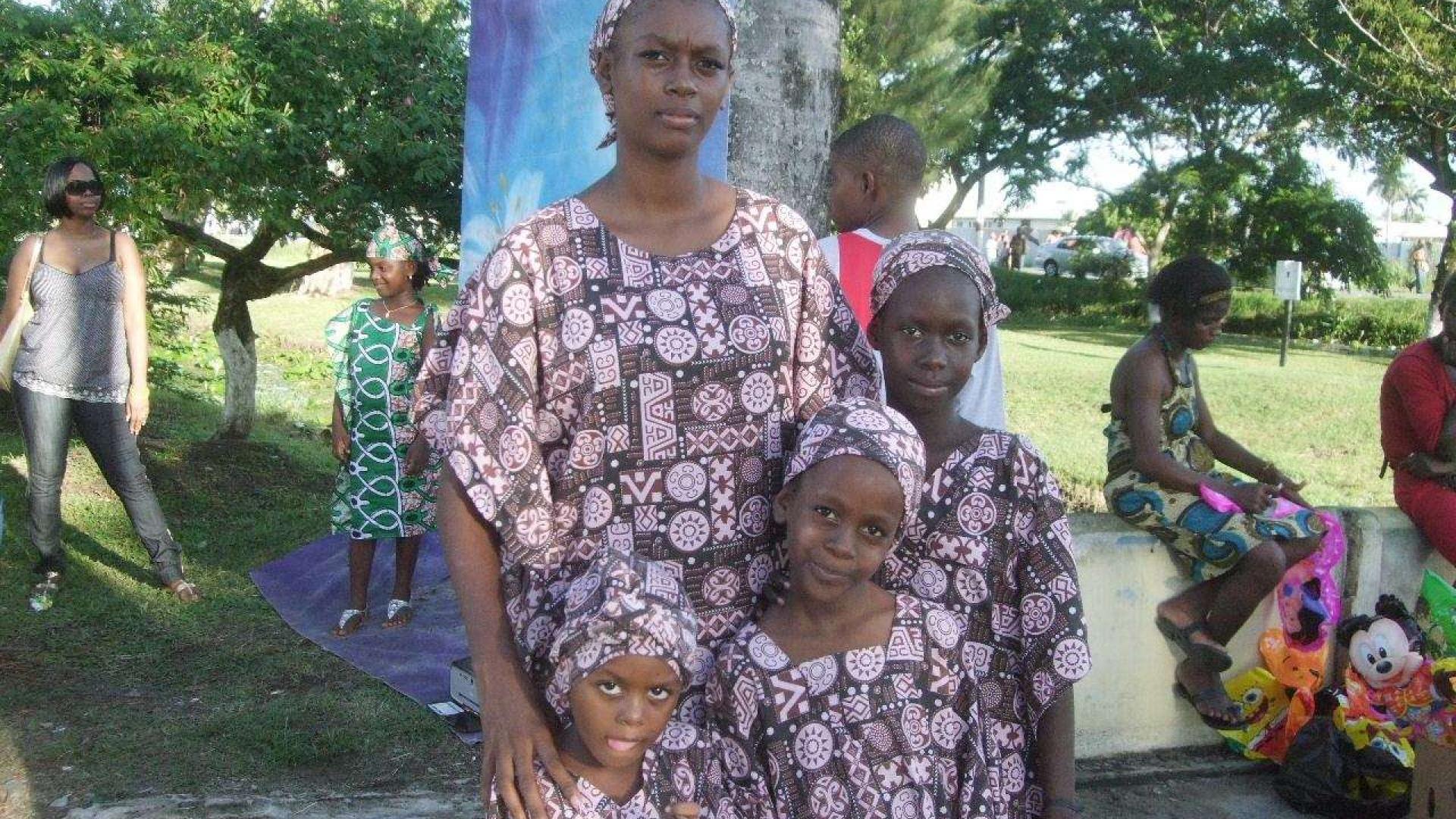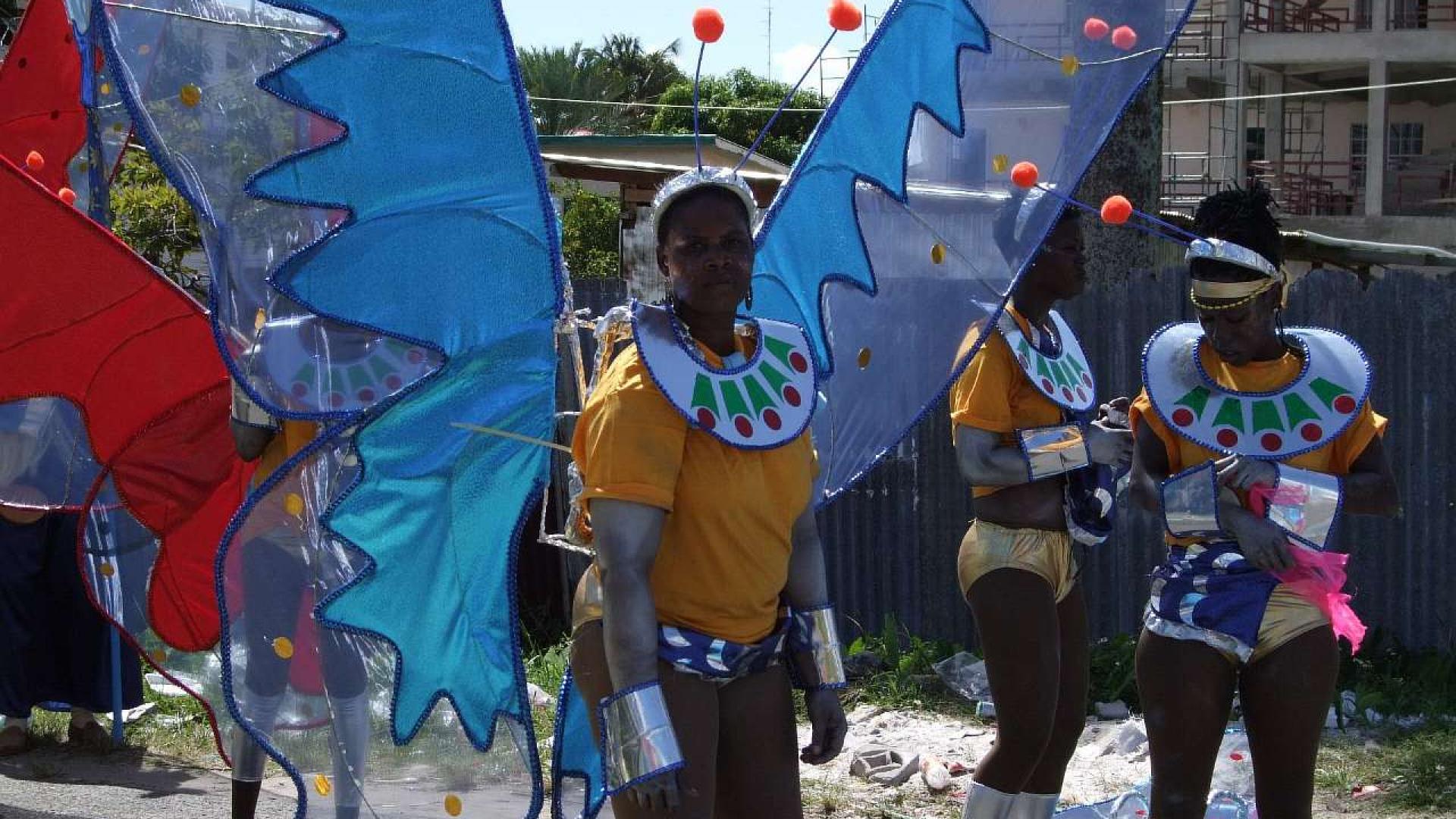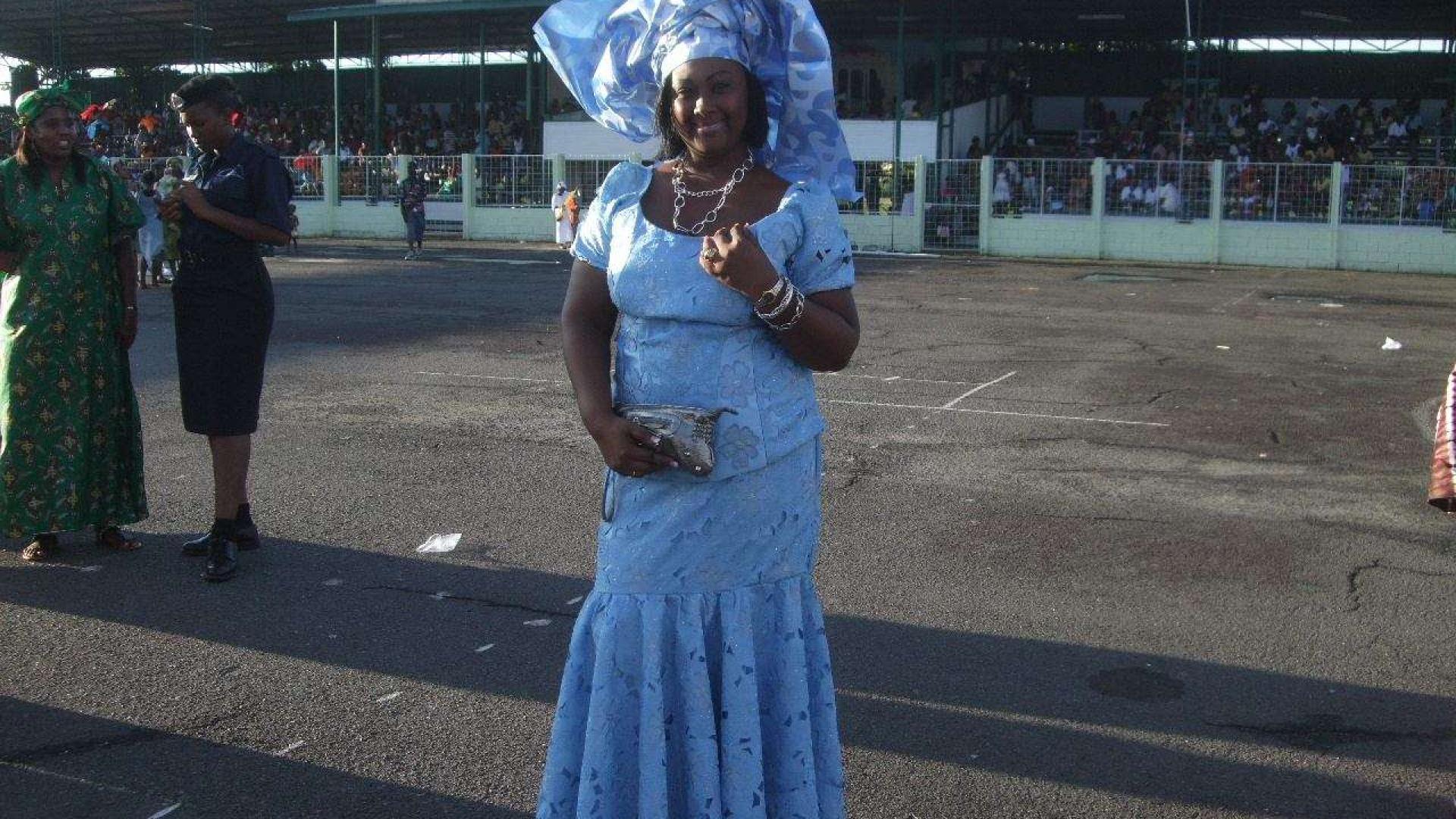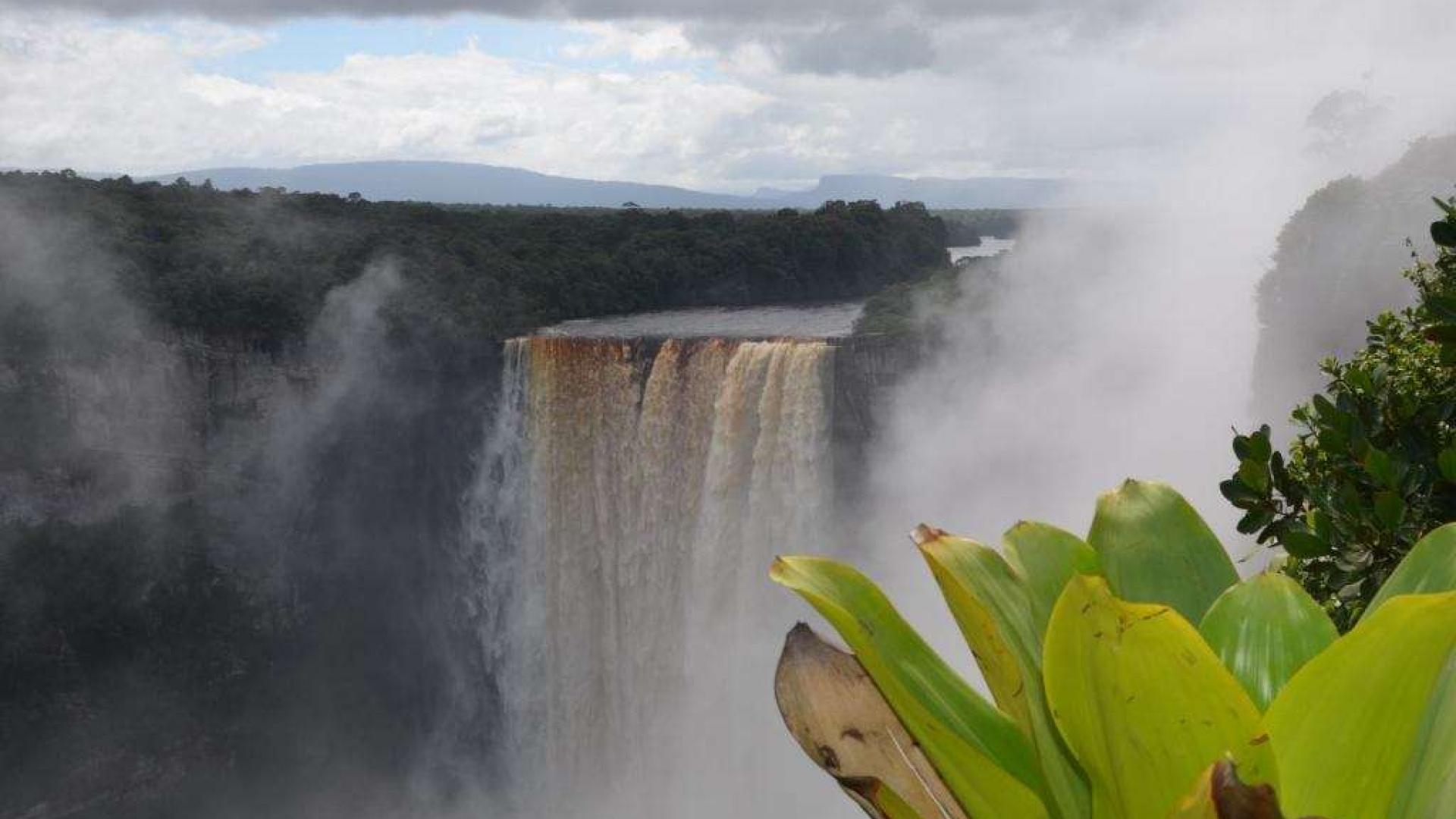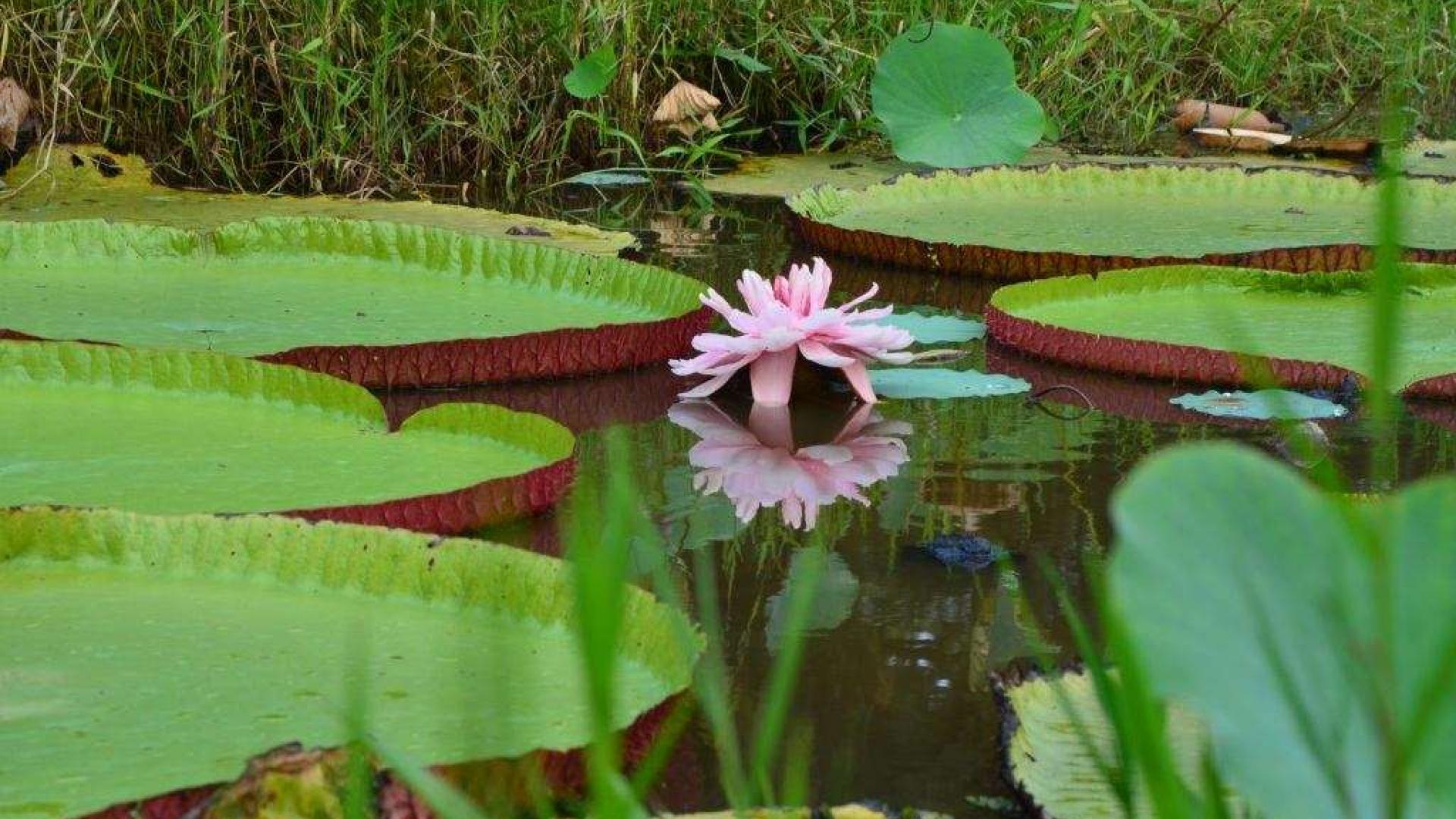History of Guyana. Continued.
The struggle for autonomy and social reforms led by the Council of Trade Unions (1941) and the Committee on Political Affairs, established in 1946, a young doctor Cheddi Jagan. He has achieved success in the elections 1947. In 1953 the British authorities were forced to enter into Guiana, universal suffrage and a new constitution, under which created a responsible cabinet of ministers.
Jagan established the People's Progressive Party (PPP) won elections in 1953, and leader of the party headed the government, demand an extension of self. In response, the British government suspended the constitution, introduced in the colony troops, dismissed the government and parliament. In 1956, approved a new constitution, which has cut right to the elected bodies and put the government under the control of the governor. However, in 1957 SPE again won the elections, ahead of breakaway from her People's National Congress (PNC), and formed the Jagan government.
In 1961, British Guiana gained full internal self-government.
PNP won the elections again, and Jagan became Prime Minister.
His office is intended to achieve independence by May 31, 1962, to restrict the activities of foreign companies and to develop national industry, and began to distribute land to landless farmers. However, the plans for independence were disrupted by a strike of employees and inter-ethnic riots in February 1962.
Talks in London between British authorities and parties of British Guiana gave no results. In April 1963 there were new strikes and clashes between blacks and Indians, terminated after the intervention of British troops. Britain has called for new elections. After the new unrest in 1964 the British governor-general took power into their own hands. In the parliamentary elections in December, held on the new one (proportional) system, the NPP was in the minority, but refused to accept the results and the voting rules. Then the UK changed the constitution, after which the governor dismissed Jagan as prime minister and appointed to the post PNC leader Lyndon Forbes Burnham, who formed a coalition government with the participation of the NOCs and the Joint force.
In November 1965 conference in London approved the granting of independence to British Guiana.
Independent Guyana, announced May 26, 1966, became a state headed by the British <queen. The real power belonged to the government headed by Burnham. In December, it replaced the constitution a provision on the possibility of British intervention in case of emergencies at the National Security Law. Voting rights were Guyanese living abroad. Winning election in 1968, PNC formed a single-party government. February 23, 1970, Guyana has been transformed in the Cooperative Republic of Guyana.
Government Burnham announced a policy of building the country's system of cooperative socialism. In 1971-1976 it was nationalized bauxite, aluminum, and sugarcane, belonging to the Canadian, North American and British companies. Intensified communication with the Caribbean countries, signed agreements on economic and scientific-technical cooperation with the USSR and its allies. Steps were taken to address the land question were adopted broad social programs in health and education.
The orientation of the ruling party at the Afro-Guyanese, authoritarian style of government and bureaucracy Burnham ruling apparatus sharpen the confrontation between the NOC and the opposition led by GMP. In 1973 the PNC won another victory in the elections, but the NPP has refused to recognize the results and began a campaign of civil disobedience. Only in 1976, in connection with the government's policy of nationalization, SPE announced the transition to a policy of "critical support" of the government. In 1980 it adopted a new constitution, which provided the president the powers of head of state and government.
At this position he was elected Burnham.
Since the late 1970s, the economic situation began to deteriorate as a result of falling prices for bauxite and sugar. Inflation, import restrictions and shortages have led to strikes, overwhelmed the government.
After the death of Burnham in 1985, the new president and leader of the PNC, Hugh Desmond Hoyte took a course to minimize the public sector and increased foreign investment. In the early 1990s, the authorities submitted the recommendations of the IMF and the Inter-American Development Bank.
The government announced on the orientation of the market economy and free enterprise.
With growing economic problems, the drop in production of sugar, rice, bauxite mining, the growth of external debt, cuts in social spending, etc. government was forced to begin a dialogue with the opposition, the restoration of civil liberties and the holding in October 1992, free elections. They scored a victory in the RPE.
Its leader, Cheddi Jagan became president of Guyana. After his death in 1997 was elected head of state, his widow Janet Jagan. The opposition, led by PNC has accused the ruling party of rigging the vote, which led to another internal unrest and destabilize the country's political life. In 1999, Janet Jagan, announced his resignation for health reasons, it was succeeded by Finance Minister Bharatt Jagdeo. During the 2001 election and was reelected to that post.
Once in power, NPP promised to fight poverty, raise wages, to produce more food and increase investment in job creation. She stopped the previous harsh criticism of privatization and continued the course itself. Simultaneously, the new government intended to pursue a more active policy aimed at social needs.
During the years in power, NPP could somewhat improve the economic situation of the country. In the period 1992-2003 foreign debt decreased by 2 times inflation - at 25 times. New laws have allowed more intense in the country to attract foreign investment, which led to the creation of a significant number of jobs. By 2003 the minimum wage in the public sector was increased 7-fold, while the number of people living below the poverty level decreased by more than 2 times. The government is encouraging housing programs, has increased the share of education spending in the budget from 5 to 17%, increased health spending by 9 times and built St. 800 new schools.
Since 2001, Guyana has sent 225 students to study in Cuba. Have been expanded powers and role of Parliament, measures taken to ensure greater equality of different ethnic communities in Guyana. The requirement to recognize the Indians their right to land was accompanied by in October 1999 mass march on the capital.
- Log in to post comments

